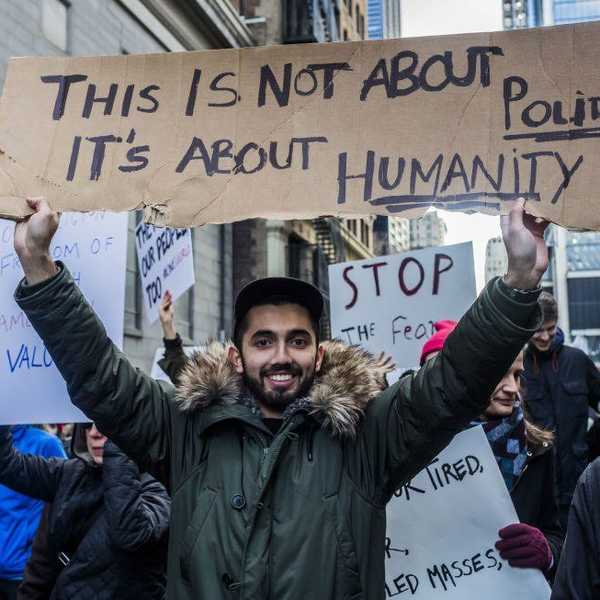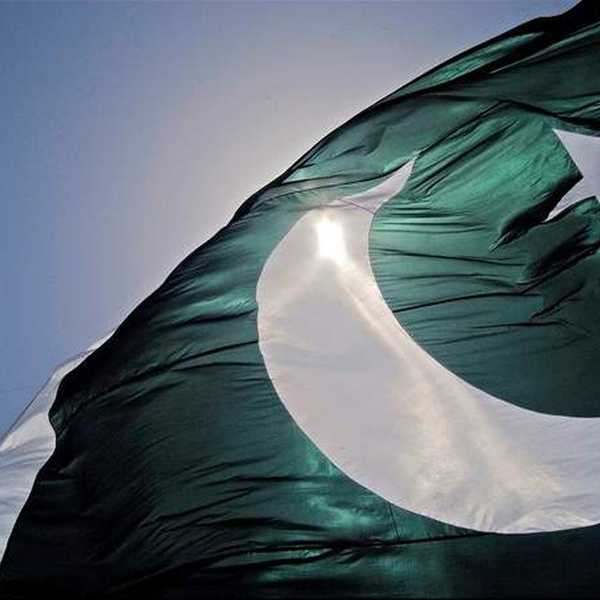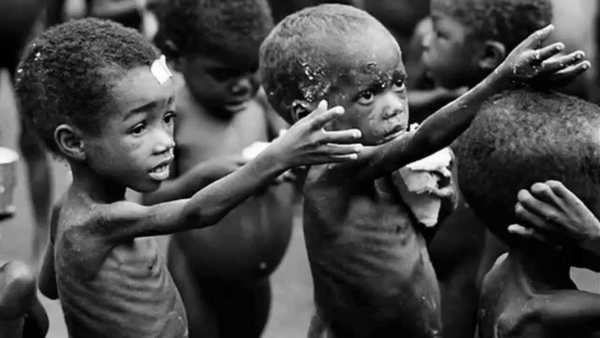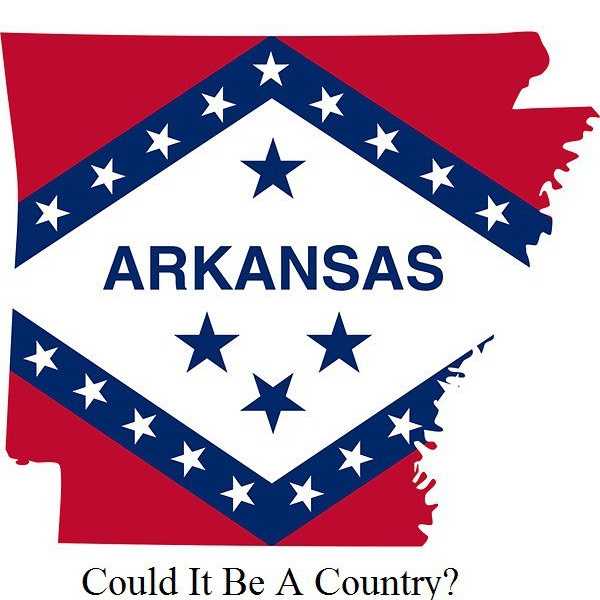In recent weeks, tensions between Pakistan and India have been brewing once more, and once again over Kashmir. There have been talks of another war, the first one since Kargil in 1999. Whether or not this will actually happen, I don’t know. I hope not, but either way I feel that the message of peace and unity keeps being tarnished by the rocky and unstable relationship that the two nations have had since 1947.
Currently, both armies are being criticized by the opposing country. Pakistani media condemned Indian soldiers when they used pellet guns on Kashmiri protestors, and likewise, the Indian media was outraged when Pakistani soldiers killed Indian soldiers at an army base in Indian-administered Kashmir. Needless to say, both actions were reprehensible but it has been bothering me that the anger has been directed towards the army instead of the true culprits: The army and, by extension, the media. The military, in my opinion, is nothing more than a puppet or a robot, doing exactly what is demanded of them by their governments. If their governments order them to stand down, they will stand down. If they order them to wage war, they will wage war. Of course, patriotism is why many join the military but once they join, the government is the one that makes the decision. So instead of focussing on the army, whose main job is to follow orders, it is more productive to direct our energies towards the governments of these two nations, who not only sanction such violence when it comes to the military but also continue to work to promote anti-Pakistani and anti-Indian sentiment respectively.
The fact of the matter is that both the government of Pakistan and the government of India have a vested interest in keeping this enmity alive for multiple reasons, all of which are related to one another:
1) It makes it easier to deflect the questions that are being thrown at them regarding the issues plaguing their nations such as poverty, crime, illiteracy, etc..
2) It goes without saying that both governments are corrupt. Even the Indian government, despite being a democracy, is rampant with corruption. In both countries, the politicians are out for themselves and their own political interests. Without going into my own views about the controversial matter of Kashmir (which seems to be an eternal dance being carried out by both governments), I will say that it is the perfect example of politicians trying to soothe their egos and attempting to one-up the other nation for the past 69 years. And they use this as one of many examples to keep turning the citizens of Pakistan and India against one another. It is due to conflicts such as this that they have managed to turn multiple generations of Indians and Pakistanis into supposed "enemies". In this way, it is easier to control people when they are divided, and with two corrupt governments in the equation, giving the people of Pakistan and India an enemy to focus on makes the people less likely to scrutinize the governments as thoroughly as they should (including questioning why, after nearly 70 years, this rivalry has yet to subside).
3) I know I pointed out that we need to direct our anger towards the governments of Pakistan and India rather than the military (with regards to recent events), and I still stand by that. But unfortunately with the matter of Indo-Pak relations even that is unlikely to bring about the change that is needed because neither government is willing to abide by or even listen to the wishes of the people. There are a significant number of people in India and Pakistan (especially amongst the youth) who don't want enmity or negativity but instead want peace and unity. They wish to move forward and end this nearly 70-year-old chapter. But until the media and government overcome their respective egos, the wishes of the people will never be fulfilled (of course, they will keep citing national security reasons for their actions). It has become a matter of pride for both governments and therefore will not be resolved by the will of the people (even for India, which is a democracy).
4) The final reason, which I will discuss in a moment, is that war and enmity with one another is familiar for Indians and Pakistanis.
I realize that in saying all this, I make myself out sound unfavorable towards India and Pakistan. However, I will be clear: My resentment and anger are directed towards the government and the media of India and Pakistan for keeping this enmity alive for the past 69 years. The common people of these nations, on the other hand, I love with all my heart. Their culture and lifestyle has always been what I identify with most, which is another reason that I take issue with the government trying to turn their citizens against each other when in reality there is much more that unites them than divides them. Their respective religions are one difference amongst countless similarities, but for 69 years they have been told by their media and government that they are different, that they are enemies for reasons which are, in my opinion, completely baseless (this is another reason why I take issue with both Indian and Pakistani patriotism when it is specifically directed against one another).
Another factor here is that for the governments (and people, somewhat by extension) of India and Pakistan, war and antagonism for one another is familiar. For 69 years, they have known no other concept. I recall my father saying several times the lies he was told as a child when he was in school, how history was twisted and misrepresented, and how from the very beginning he and his classmates had ingrained in them the concept that the word dushman (enemy) automatically meant India, without even having to say the name. True, relations have gone up and down over the years, but there's never been true peace and friendship between the nations, at least not the type that we have always needed. Those relations never extended to revising their education system or wiping out the systematic bias towards each other which led to pitting multiple generations against each other. Neither government has been able to regard the other without distrust even when relations were at their best. So since this is how it has more or less been since partition in 1947, I will assert that it is easier for the governments to stay within the familiar territory of hostility and bitterness rather than take a plunge into the deep and unknown abyss of change.
When I hear the about the possibility of another war (whether it is plausible or not), my blood freezes. And it makes me wonder for the umpteenth time why the two governments insist on continuing down this endless path. It has been 69 years since either country has had true peace or friendship with one another. 69 years of breeding new generations to hate people who are so much more alike than they are different, and poisoning their minds with fear and antipathy towards one another. Is this the legacy that the governments wish to leave behind? That they put their energy into reviving a 69-year old feud instead of healing it? That words like peace, harmony, and unity were so poisonous and unachievable that it was easier to stay in the familiar territory of enmity and war rather than break the cycle and try to achieve change? Since the government refuses to take action, I call for the citizens to raise their voices. As I said earlier, the government may not be inclined to the will of the citizens but at the very least we can prove that we are better than this. We must show one another respect and love, and leave the endless hostility and bickering to our governments. They can argue until the end of time, but we can do our part in instilling change in the common people.
We need to understand that war is easy; it takes mere seconds to start. The circumstances required to start it are not at all difficult to come by. But peace? Unity? That takes time to achieve. Wounds takes time to heal. The healing process is slow, which makes people impatient for a quick fix, an instant resolution. Perhaps this is why people continue to fight one another because it is easier and more familiar to fight a war, and more lengthy and uncertain to invest in the prospect of peace. However, I can promise you this: The fruits of war might come quicker, might seem more satisfying. But they will soon taste bitter and leave you empty, wanting more, like a hunger that cannot be satisfied. Peace, on the other hand, takes time to plant its roots and for the roots to take hold. It requires the effort of everyone, and only then can old wounds even begin to heal. It is often a long and taxing process, with mistakes made along the way. But ultimately the fruits of peace taste much sweeter, are much more savored because they are struggled and strived for. And because they take time and effort on the part of everyone involved.
So I ask all Indians and Pakistanis alike: Are you willing to break the cycle and invest your energies into a brighter future? Or will you continue to condemn future generations of Pakistanis and Indians to tasting the bitterness of war and strife, hatred and loss, the same way your predecessors did to you?























